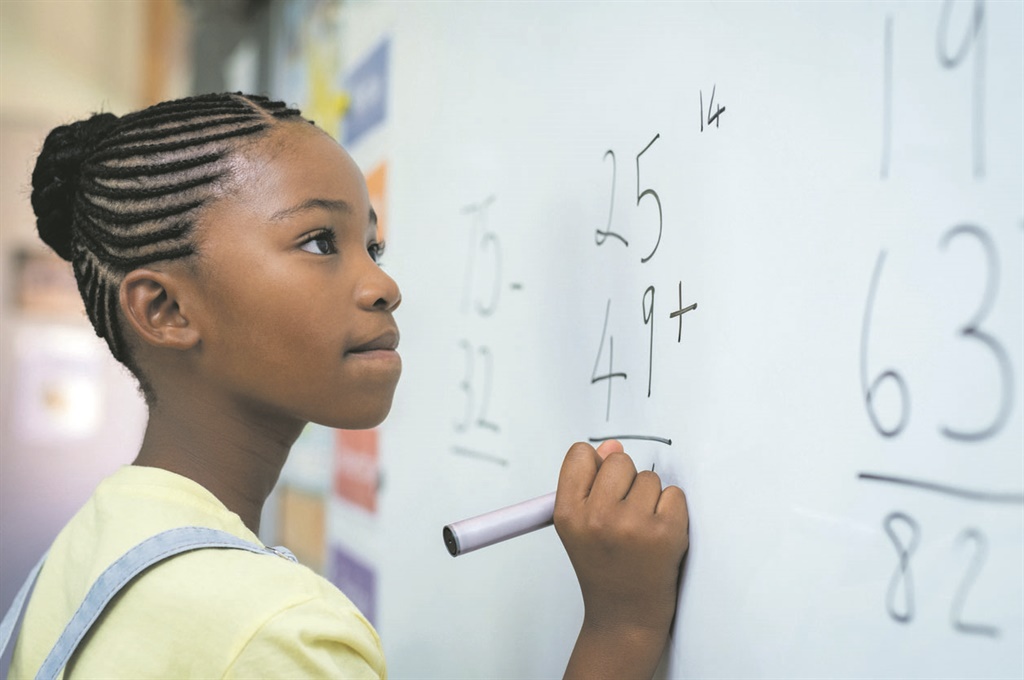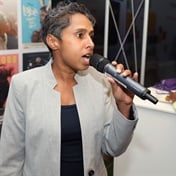
CURIOUS KIDS: In partnership with The Conversation, #Trending brings you Curious Kids, a series where we ask experts to answer questions from kids.
In partnership with The Conversation, #Trending brings you Curious Kids, a series where we ask experts to answer questions from kids.
How was maths discovered? Who made up the numbers and rules? – Bianca, age 12, Strathfield, Sydney
Linda Galligan, associate professor, University of Southern Queensland:
“There were explosions of discovery of mathematics in different cultures at different points in time.
The Greeks didn’t really use algebra the way we do now, but they were amazing with geometry. I am sure you have heard of Pythagoras, but do you know of the woman mathematician Hypatia?
She was an amazing teacher and writer skilled at making difficult concepts easy to understand. Unfortunately, she was killed for her ideas.
The Romans were great engineers but they had a terrible number system. It didn’t even have zero.
The number system used in ancient India had zero, but it was known by other very old cultures such as the Mayans in Central America and the Babylonians (from ancient Iraq).
And ancient Arab mathematicians not only knew about zero but also really spread the idea of algebra after the 9th century (the word comes from a text by a famous mathematician called al-Khwarizmi).
People in the Middle Ages in Europe thought fractions were the hardest maths EVER!
One 11th-century monk reportedly said: ‘After spending months working hard and studying, I finally grasped this thing called fractions!’
And in the 16th century, people thought negative numbers were pretty evil. They had other names for these numbers, such as ‘absurd’ or ‘defective’.
There are so many number systems!
The ones you know were developed over centuries and we are still making up more now. But much of our maths is based on one system called ‘base 10’, which works on patterns of one to 10 (that probably has its roots in the fact that humans have 10 fingers to count on).
It’s also called the decimal system.
But there are lots of other systems, such as base two (also called the binary system), or base 16 (also called the hexadecimal system).
It sounds complicated but they’re just different ways of organising numbers. Numbers have always been there, waiting to be discovered and so were different ways of organising them.”
. To read the rest of Galligan’s answer, go to the conversation.com
TALK TO US
Hello, curious kids! Have you got a question you’d like an expert to answer? Ask an adult to send your question toafrica-curiouskids@theconversation.com. Please tell us your name, age and which city you live in.




 Publications
Publications
 Partners
Partners








